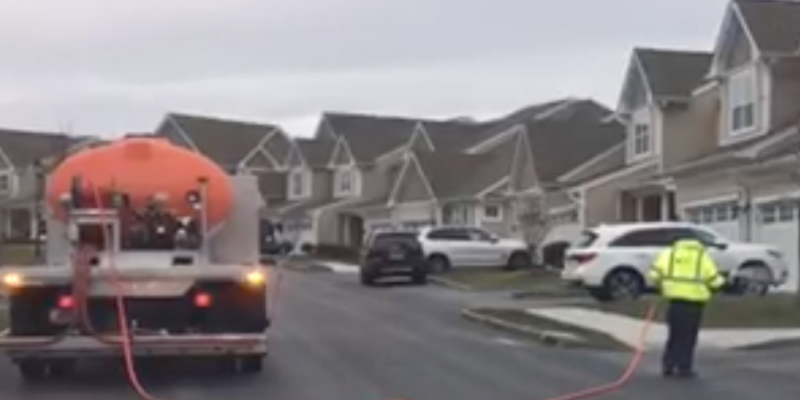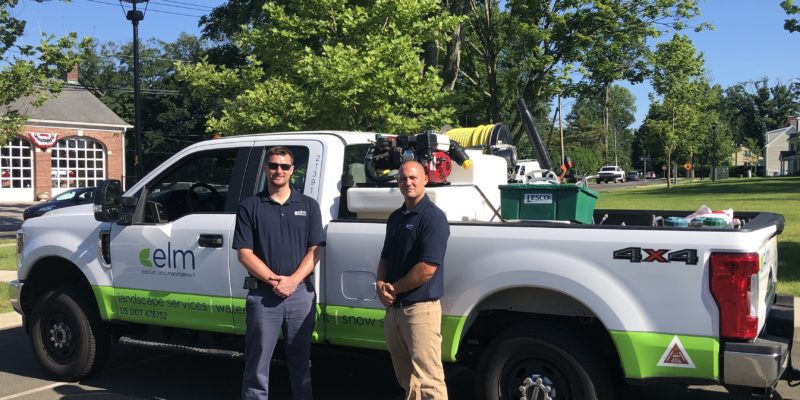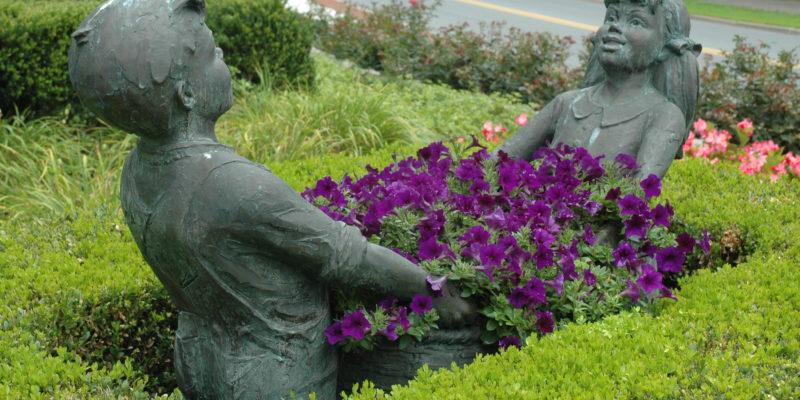ELM is rolling out a liquid brine option as a cost effective and more eco-friendly way to prevent snow and ice from forming.
Typically a blended solution of salt and water, brine has a freezing point lower than water and when applied to surface areas before major storms, acts as a protective barrier, preventing snow and ice from bonding to the pavement. This helps to eliminate any residual snow & ice forming on the pavement and reduce re-freezing after the storm.
Part of ELM’s growing sustainability platform, proactive brine applications can optimize winter road safety and mitigate the damaging impacts of traditional salt on infrastructure and the environment.
The brine is being made at ELM’s Monroe, CT facility, the site of the company’s recent “Snow Rodeo” – a professional training day focused on technical quality performance, environmental impacts, best practices, and improved snow and ice control methods.
ELM is an active member of SIMA (Snow & Ice Management Association) and ASCA (Accredited Snow Contractors of America).
To learn more about winter services for your commercial property, contact Bruce Moore Jr. at 203-316-5433.






